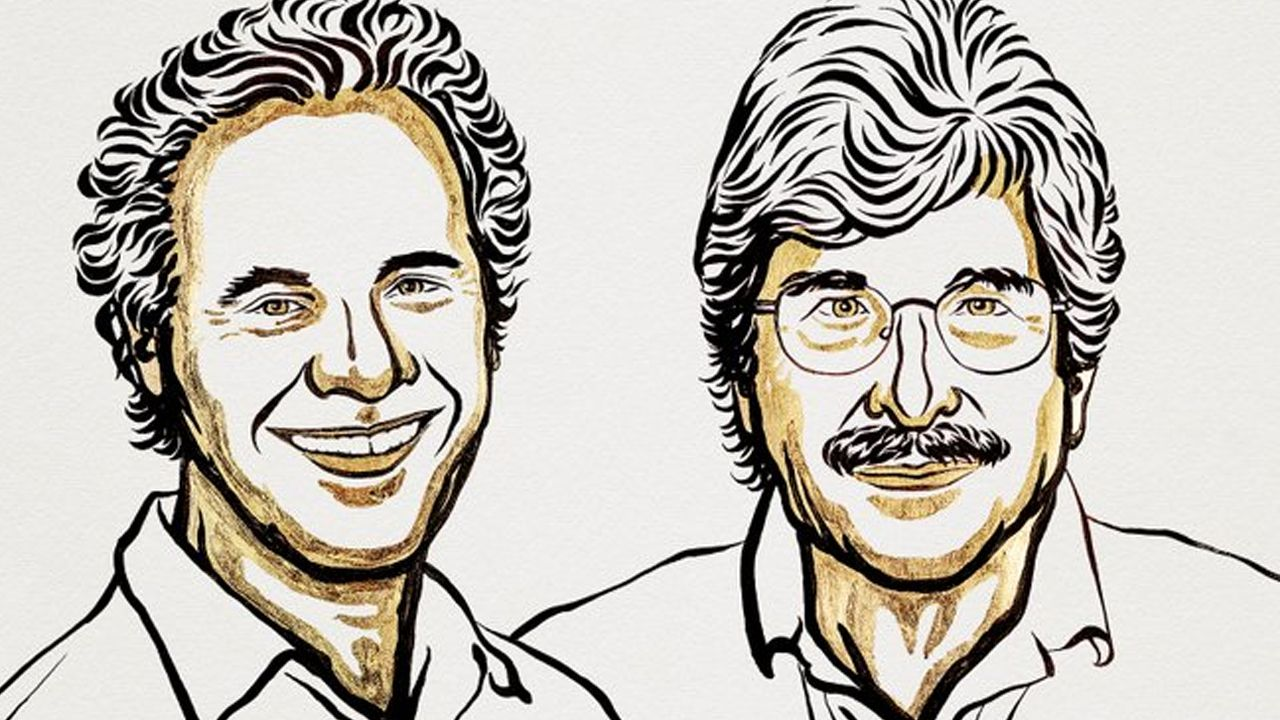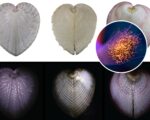Nobel Prize in Medicine Awarded to American Biologists for Discovery of microRNA

The 2024 Nobel Prize in physiology or medicine has been awarded to American scientists Victor Ambros and Gary Ruvkun for their groundbreaking work on the discovery of microRNA, a molecule that plays a crucial role in regulating how cells function. This discovery is being hailed as a fundamental breakthrough in understanding gene regulation.
Ambros, a professor at the University of Massachusetts Medical School, and Ruvkun, a professor of genetics at Harvard Medical School, spent decades researching gene regulation. Their work revealed how microRNAs help control the production of proteins in cells, which is essential for the development of various cell types, including muscle and nerve cells, despite all cells containing the same genetic material. The Nobel committee praised their research as uncovering “an entirely new dimension to gene regulation.”
The discovery of microRNA, which dates back to the early 1990s, was initially met with skepticism. It was first observed in the tiny roundworm C. elegans, leading many scientists to dismiss it as a peculiarity. However, Ruvkun later discovered that microRNAs are present throughout the animal kingdom, sparking widespread interest in the field. Today, tens of thousands of microRNAs have been identified in various organisms.
The significance of microRNAs extends beyond basic biology; they have been linked to numerous human diseases, including cancer. MicroRNAs can malfunction, leading to conditions like cancer, hearing loss, and skeletal disorders. Research is ongoing to develop therapies that target microRNAs to treat these conditions, although there are still technical hurdles to overcome before such treatments are available.
The Nobel committee acknowledged that while the discovery of microRNA may not have immediate clinical applications, its long-term impact on medicine and biology is undeniable. Experts have noted the potential of microRNAs in diagnostic and therapeutic strategies, particularly in the field of cancer research.
Victor Ambros and Gary Ruvkun’s discovery has reshaped how scientists understand gene regulation, highlighting the complexity of cellular processes and how they contribute to the development and evolution of organisms. Their Nobel Prize recognition follows years of anticipation, as their work has opened new avenues in the study of genetics and cell biology.





















